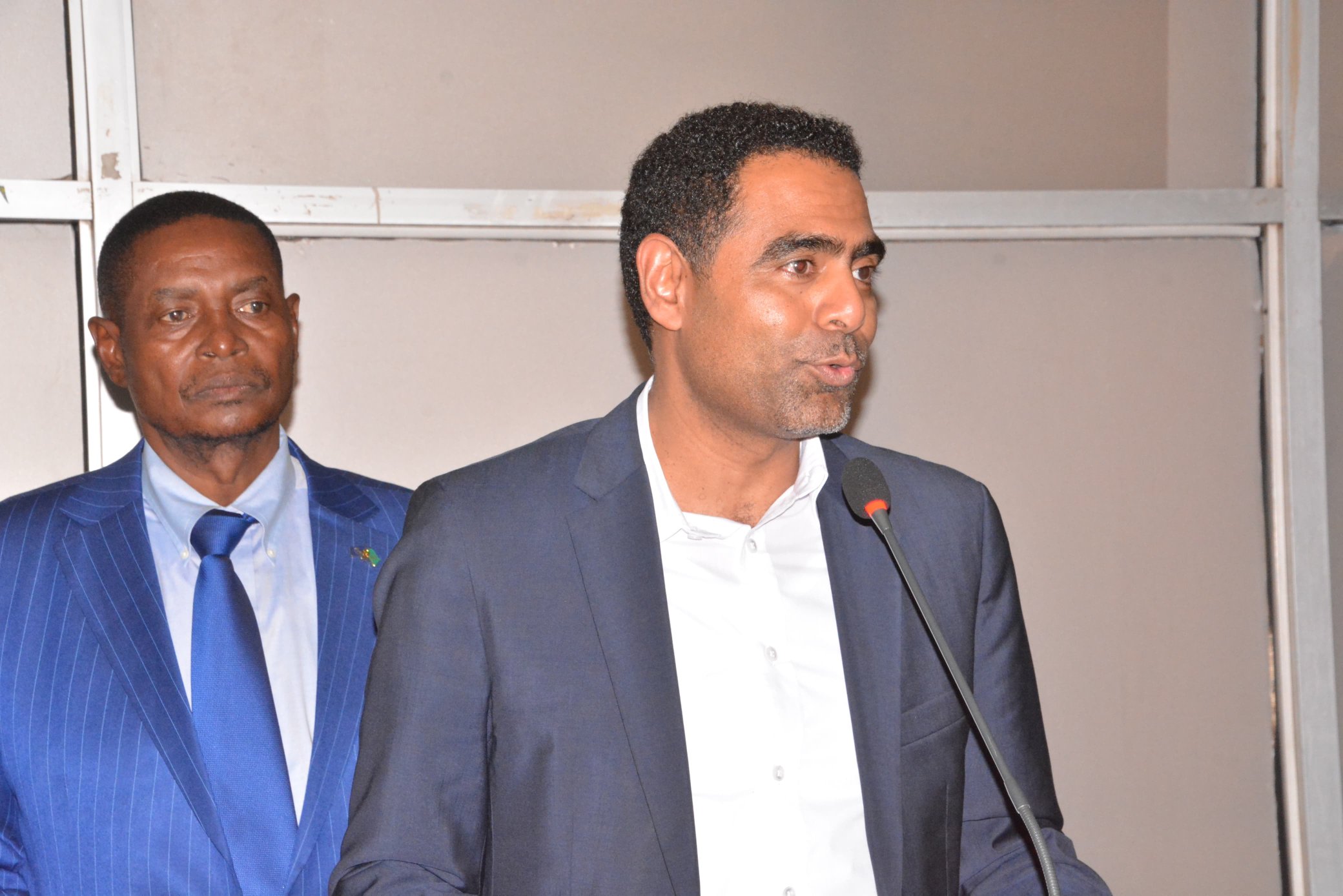Better tech processes help fight climate change

Climate change is a great challenge facing humanity today and Kenyans are not an exception. According to the 2023 International Food Policy Research Institute Report , Kenya’s updated Nationally Determined Contribution (NDC) estimates annual socio-economic losses of three to five percent of total GDP due to adverse climate change-related events.
To confront this problem, experts have advised that we need to improve the Science, Technology, Engineering and Mathematics (STEM) processes so as to reduce various factors that accelerate climate change such as carbon emissions.
But what do the STEM processes entail? STEM processes involve a structured approach to problem-solving and learning, often mirroring the engineering design process, which includes defining the problem, brainstorming solutions, developing a plan, building and testing a prototype, and evaluating the solution.
Hence by optimising STEM processes, we are able to create more effective and sustainable solutions that can enable us to reduce carbon emissions, mitigate environmental harm and create a greener future.
One of the ways in which STEM processes can be optimised is through investing in clean energy technologies. This includes use of renewable sources of energy such as solar and wind. Energy efficiency can be improved through better designs of solar panels and wind turbines, hence making these technologies more accessible and cost-effective to a majority of the people from low-income households. Innovations in energy storage can also improve how energy is emitted for further use.
In addition, enhancing climate modelling and prediction can also help in mitigating climate change. Scientific climate modelling plays a vital role in understanding complexities of climate systems.
This can help predict climate patterns, severe weather events and the impacts of different mitigation strategies on fauna and flora. STEM innovations in data science and artificial intelligence can be used to create more accurate models that incorporate massive datasets. These models can guide policy decisions, inform risk management strategies and help nations prepare for the effects of climate change effectively.
Furthermore, involvement of carbon capture and storage technologies can help in reducing greenhouse gas emissions. STEM fields need to focus on improving the efficiency, scalability and cost-effectiveness of such technologies.
Research in material science can lead to the development of better solvents and porous materials for carbon capture while advancements in engineering can create more efficient methods for storing captured carbon dioxide underground or utilising it in products like concrete.
It is important to note that improving STEM processes in recycling, materials science and waste management is critical for reducing the environmental impact of production and consumption. The circular economy model encourages reusing, recycling and repurposing materials hence minimizing waste and reduces the need for raw material extraction. Innovations in chemical recycling can reduce reliance on petroleum-based plastics and cut down landfill waste.
Moreover, green transportation solutions can be applied so as to reduce greenhouse gas emissions. STEM fields can focus on advancing electric vehicles, hydrogen fuel cell technologies and public transportation systems. Research in battery technology can improve the range, cost and charging speed of electronic vehicles as artificial intelligence can be used to optimise traffic flow, reduce congestion and make transportation more efficient especially in our cities and towns.
For instance, engineering improvements in public transportation infrastructure in Nairobi alone can make it more accessible and sustainable, from which other urban centres can draw lessons.
Combating climate change requires the continuous advancements of STEM processes. By fostering innovation, collaboration and education, we can create a world where scientific and technological advancements work in harmony so as to mitigate the effects of climate change and ensure a sustainable future for generations to come.
Freida Kwamboka is a data science enthusiast.














